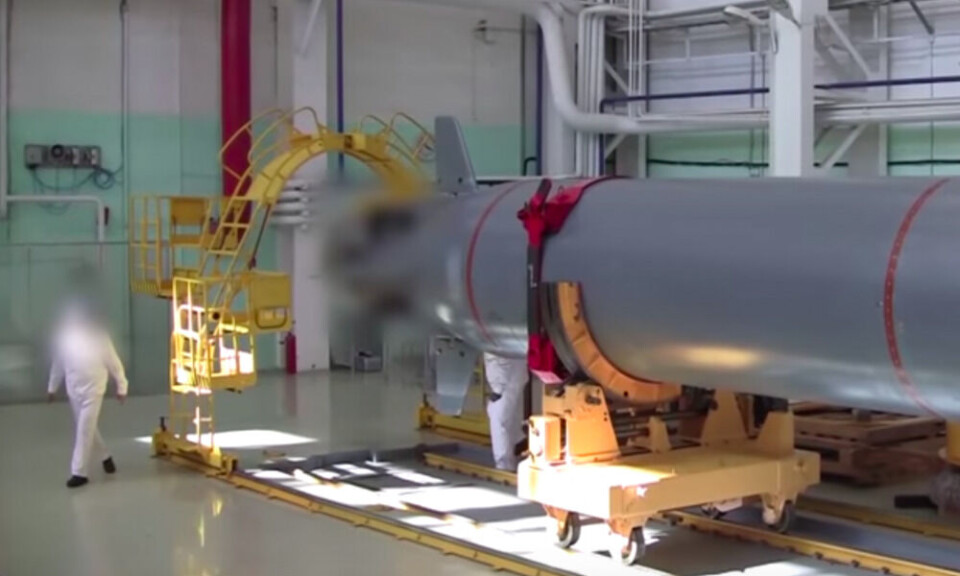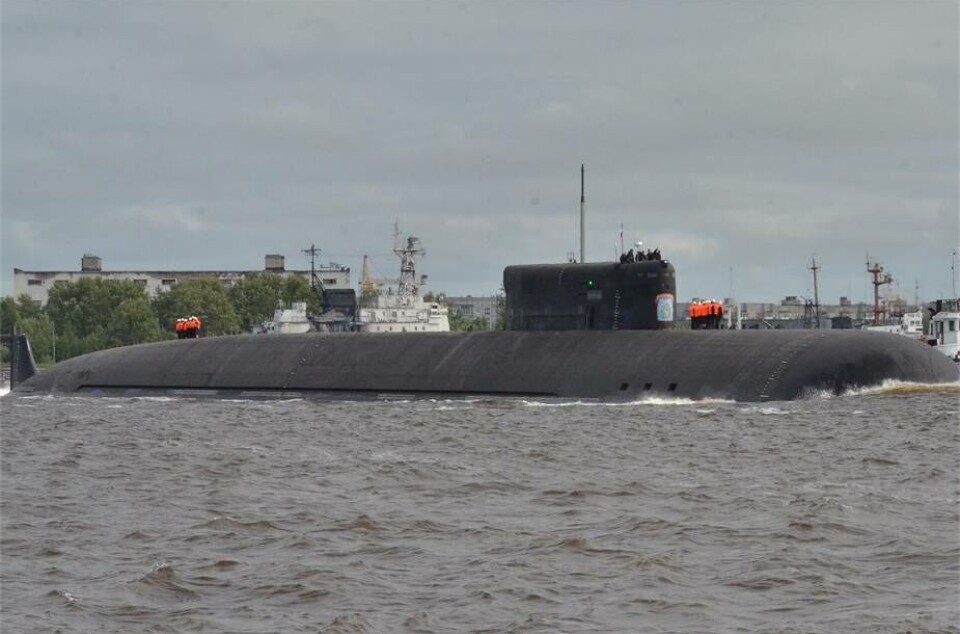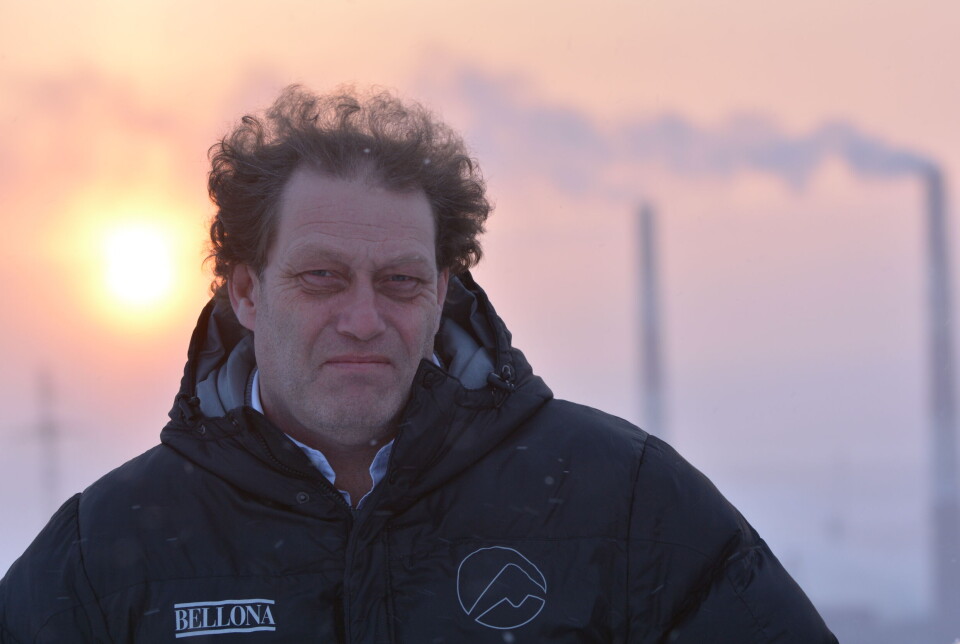
Russia claims successful test of Poseidon nuclear-powered underwater drone
The drone was launched from a submarine on Tuesday October 28, Vladimir Putin said. The test has a huge psychological effect in a time when Moscow more than ever needs to flex deterrence.
One week after Russia test-flew the nuclear-powered Burevestnik missile for 15 hours, Putin announced that the nuclear-powered underwater drone Poseidon has also been tested successfully.
"For the first time, we were able to not only launch it from a submarine using its booster engine, but also to start the nuclear power plant, where the apparatus operated for a certain period of time," Vladimir Putin said.
Putin said the reactor is "a hundred times smaller" than a reactor on board a nuclear-powered submarine.
It was not immediately clear from which submarine the test launch took place. Russia has two vessels allegedly capable of carrying the Poseidon drone: the Belgorod and the Saratov. Both submarines are sailing out from Severodvinsk in the White Sea.
The Saratov was at port for a long period, until earlier this autumn it was spotted sailing out from the shipyard Zvezdockha in Severodvinsk.

By observing satellite images from Severodvinsk over a long period of time, the Barents Observer has seen that the Belgorod has been away from Severodvinsk for longer periods this year.
It was while visiting wounded soldiers at the Mandryka Central Military Clinical Hospital in Moscow on Wednesday that Putin announced yesterday's test of the nuclear-powered drone. A transcript of Putin's conversation with the soldiers was posted by the Kremlin.
The Poseidon is a post-doomsday weapon unlike any ever seen in any previous arms race. Formed like a giant torpedo, the weapon is nuclear-powered, nuclear-armed, and can allegedly travel down deep with intercontinental range.
Putin said "this unmanned vehicle's speed and depth of travel are unmatched in the world, and it's unlikely to appear anytime soon."
The Russian leader did not say where the test took place. It could have been in the White Sea where nuclear-powered submarines have dedicated testing areas, but it could as well have taken place in the Kara Sea or easter shores of the Barents Sea near Novaya Zemlya.
The Barents Observer first reported about the existence of the weapon back in 2016. Two years later, in 2018, Putin confirmed that Russia indeed had such a terrifying nuclear weapon system under development.
In the following years, Moscow leaked purposely planted information at regular intervals in media controlled by the state. For the most part this was information about different stages of development, testing, maintenance center and what horrific consequences the weapon will cause if ever launched in a nuclear war.
Flexing deterrence
The Norwegian Intelligence Service (NIS) is unwilling to give comments about Putin's claimed successful test of the Poseidon weapon. Last week, the NIS confirmed to media that a test with the nuclear-powered missile Burevestnik indeed had happened at Novaya Zemlya in the Russian Arctic.
In 2023, researcher Ina Holst-Pedersen Kvam at the Norwegian Naval Academy told the Barents Observer that the Poseidon is "primarily a psychological weapon."
"... any potential live fire test likely will come at a time when the potential deterrent effects are needed the most," she said.
Today, two and a half years later, tensions between Washington and Moscow are growing, and recent plans for Putin-Trump talks in Budapest have been shelved.
In less than 100 days, the bilateral New Strategic Arms Reduction Treaty (New START) between USA and Russia is set to expire.
It is expected that the first in new class of submarines specially designed to carry the Poseidon drones will be rolled out from the ship hall at the Sevmash yard in Severodvinsk in the nearest future.
Each of the vessels in the so-called Khabarovsk class is intended to carry six Poseidon drones.
Calls for international sanctions
"This is really not good," says Frederic Hauge, head of the Bellona Foundation in Oslo. For decades before Moscow's full-scale invasion of Ukraine, his organisation worked in cooperation with both Russian and international authorities on securing nuclear waste from the Cold War era.

"Testing of reactor-powered weapons, like the Burevestnik and Poseidon, is pure evil. The people doing this have extremely bad intentions," Hauge said in a phone interview with the Barents Observer.
He underlines that developing and actual live testing of such weapons at sea and in the air are a big threat to both the Arctic environment and the security situation up north.
"The international community should react strongly and impose immediate sanctions against everyone that is doing business with Rosatom, the Russian state corporation that is developing the reactors and nuclear warheads for these new systems," Frederic Hauge says.
Hauge argues that everyone that buy products from Rosatom, that be reactors or nuclear fuel, help Russia finance development and production of the nuclear-powered weapons.
"We as humans have to stand together against this madness."
















